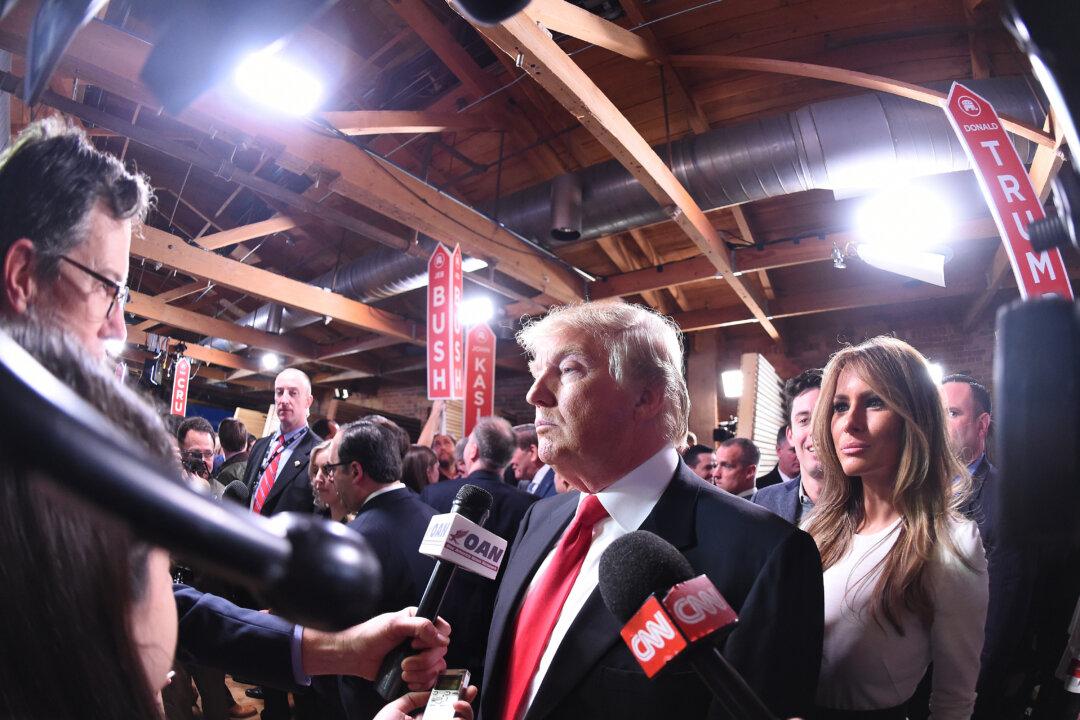GREENVILLE, S.C.—Republican presidential candidates jousted over immigration and foreign policy in a raucous debate that was shaken by the death of Supreme Court Justice Antonin Scalia hours before they took the stage.
Scalia’s death thrust the future of the high court into the center of a heated presidential campaign. In their debate Saturday night, the GOP candidates insisted that President Barack Obama step aside and let his successor nominate Scalia’s replacement instead, a position the White House vigorously opposed.
Among the contenders, only Jeb Bush said Obama had “every right” to nominate a justice during his final year in office. The former Florida governor said the presidency must be a strong office—though he added that he didn’t expect Obama to pick a candidate who could win consensus support.
The five other candidates on the stage urged the Republican-led Senate to block any attempts by the president to get his third nominee on the court.
“It’s up to Mitch McConnell and everybody else to stop it,” Donald Trump said. “It’s called delay, delay, delay.”
A debate that began with a moment of silence for Scalia devolved quickly into fighting between Trump and Bush, then between Trump and Cruz. The exchanges highlighted the bad blood between the billionaire businessman and his rivals as the race turns to South Carolina, a state known for rough-and-tumble politics, where the next Republican primary will take place in one week.
Trump, repeatedly interrupting his rivals, lashed out at Cruz after the Texas senator challenged his conservative credentials, calling him the “single-biggest liar” and a “nasty guy.” The real estate mogul also accused Bush of lying about Trump’s business record and said Bush’s brother—former President George W. Bush—lied to the public about the Iraq war.





